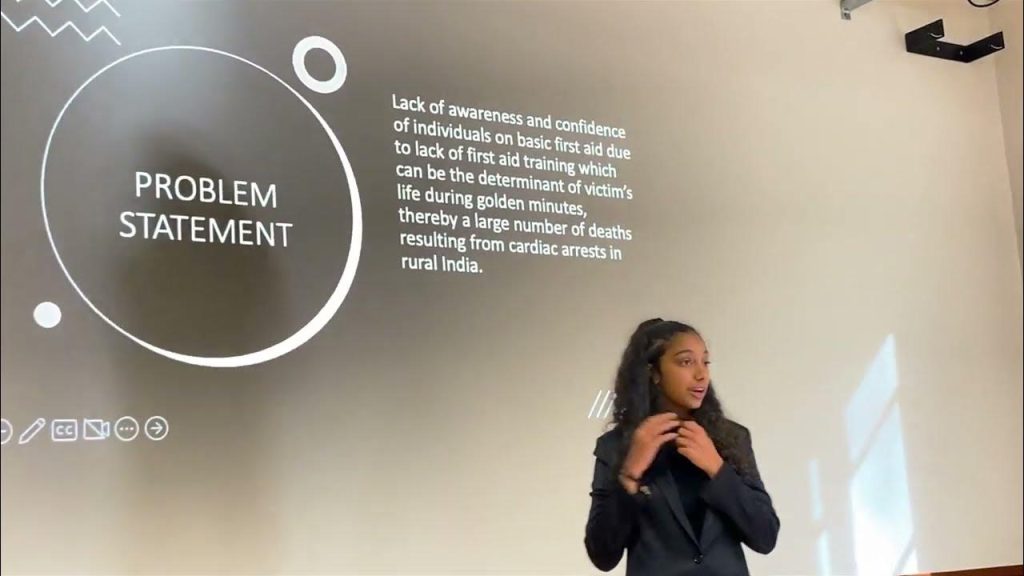Seventeen-year-old Veruschka Pandey has achieved what few researchers manage in a lifetime: her study on Type 1 diabetes has directly informed Karnataka’s health policy. By documenting systemic failures in care, Pandey has become a voice for patients whose struggles often remain invisible.
Mapping the Fault Lines of Diabetes Care
Pandey’s research, published in PLOS Global Public Health, compared how Type 1 diabetes is treated in India, Brazil, and Kenya. In India, she found five persistent challenges: recurring shortages of insulin, frequent misdiagnosis, gender inequities in access, crushing financial strain on families, and untreated mental health effects.
These findings, rooted in patient experiences, offered policymakers data-driven evidence of how the system consistently fails vulnerable groups. Public health experts say her work reflects a pressing truth: India cannot address its vast diabetes burden without making Type 1 diabetes a mainstream priority.
From Research to Policy Action
The Karnataka government has formally adopted her recommendations, making Type 1 diabetes part of its non-communicable disease (NCD) program. This marks a shift in approach: from focusing narrowly on treatment to a broader framework that includes early screening, patient counseling, financial support, and psychosocial care.
Officials say the decision could become a template for other Indian states, aligning local strategies with global health standards. For families living with diabetes, the policy promises more consistent access to insulin and, crucially, recognition of the disease as a serious public health issue.
The Voice of a Young Advocate
Beyond research, Pandey is a WHO Youth Ambassador and an outspoken advocate for patient rights. She uses poetry, public talks, and community programs to bring empathy into healthcare discussions. In rural schools, she has led CPR training and highlighted cases where children with undiagnosed hyperglycemia slipped through the cracks of the health system.
Her guiding belief is simple yet radical: “Data without compassion cannot create real change.” By uniting science with empathy, she has carved out a role as both researcher and advocate, bridging two worlds often kept apart.
Pandey’s journey shows that youth-led research can drive systemic reform when grounded in both evidence and lived experience. As Karnataka embeds her insights into policy, it signals a new model for how science and advocacy—driven not by institutions but by individuals—can shape healthcare in India.


